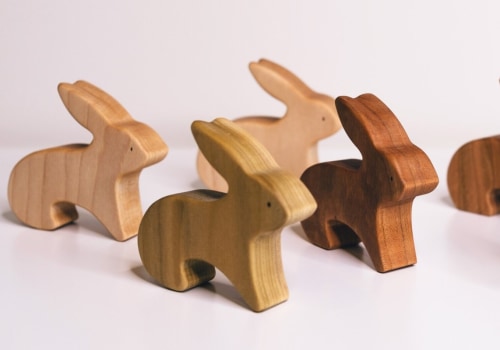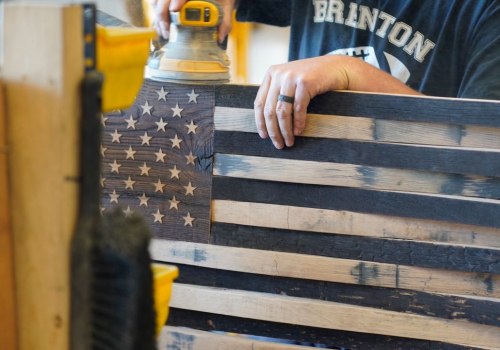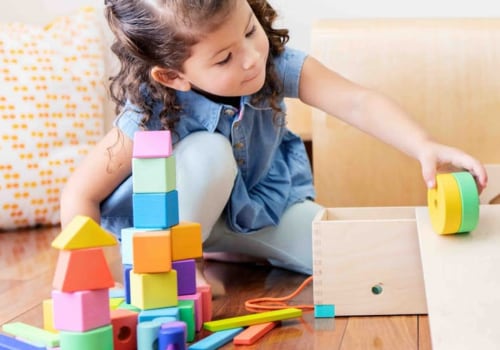As an expert in the toy industry, I can confidently say that wooden toys are a superior choice when it comes to hygiene. Not only are they safe, natural, and durable, but wood also has antimicrobial properties that make it more hygienic than plastic toys. The porous surface of wood deprives bacteria of the moisture they need to survive, causing them to die faster. This makes wooden toys a healthier option for children to play with. Compared to plastic, fabric, or metal toys, wooden toys are naturally antibacterial.
This means that they do not require harsh chemicals or frequent washing to keep them clean. The washing process for wooden toys is also different from that of other materials, making it easier and more environmentally friendly. In addition to their hygienic benefits, wooden toys also have a positive impact on a child's development. With their simple and open design, they encourage children to be more creative and imaginative in their play. Unlike electronic plastic toys that only do one thing, wooden toys can become anything a child desires.
This not only promotes imaginative play but also helps with cognitive and motor skill development. When it comes to safety, wooden toys are a top choice. Many modern wooden toys on the market are now made with non-toxic materials such as paints and dyes. However, it is always important for parents to check the "fine print" when purchasing any toy for their child. This applies not just to wooden toys but all toys in general. Plastic toys often contain electronic components that can easily break and make them harder to recycle.
It is always best to be cautious and clean all toys that come into contact with children, whether they are new or second-hand. Aside from being safer and more hygienic, wooden toys also offer health benefits for children. Many wooden toys come in the form of puzzles and building blocks, which help develop problem-solving skills and hand-eye coordination. They are also well-made and durable, making them difficult for children to break and ensuring a longer lifespan. One of the best things about wooden toys is their sustainability. They are a great way to reduce, reuse, and recycle without much effort.
Unlike plastic toys that end up in the trash much sooner, wooden toys can last for years if properly cared for. Regular cleaning with white vinegar and water is recommended, especially if the toys come into contact with a child's mouth. In conclusion, as an expert in the toy industry, I highly recommend wooden toys for their hygienic benefits, safety, and positive impact on a child's development. Not only are they a healthier option for children to play with, but they also contribute to a more sustainable environment. So why not choose wooden toys for your child's next playtime?.



